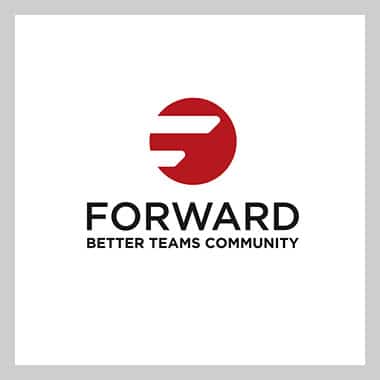Questions to Ask Before Addressing Performance Issues
All leaders have been there. You have a team member who just doesn’t seem to be carrying their weight or meeting expectations. Maybe they’re constantly late, or maybe their just not putting in the effort. Whatever the case may be, it can be frustrating trying to figure out how to handle those pesky performance issues.
It’s easy to focus on the behavior of the team member, but first we need to check our own behavior. As a leader it is critical to get our emotions and heads in the ideal space to coach an employee before we address them.
Here are questions to ask yourself BEFORE addressing an employee’s performance issue:
1. Have you been clear about your expectations?
The most important thing to remember when dealing with underperforming employees is that communication is key. You need to be able to clearly explain your expectations, the consequences of poor performance, and the rewards of good performance. It’s important to be direct and consistent in your communication so that your employees understand exactly what is expected of them.
2. Am I being proactive or reactive?
One of the biggest mistakes you can make when dealing with difficult employees is to react to their behavior instead of taking a proactive approach. Taking a reactive approach can often lead to emotional responses from both parties, leaving the situation worse off than before. Instead, it’s important to take a step back and ask yourself what the best course of action would be. Think about the steps that need to be taken to correct the employee’s behavior. This could include more frequent check-ins, setting up more detailed performance metrics, or using a point system to reward areas of improvement. Put a plan in place to ensure that you are consistently monitoring your employees’ performance and then following up with feedback or coaching.
3. Am I taking this situation personally?
It’s natural to feel frustrated when dealing with a difficult team member, but it’s important not to take things to personally. Be aware if you find yourself feeling angry or defensive. It’s impossible to coach someone if you have strong negative feelings about them. Be sure you have your emotions in control so you can listen and empathize before you begin the coaching conversation.
4. Am I consistent?
When it comes to dealing with difficult employees, consistency is key. Make sure that you are applying the same rules and expectations to all of your employees, regardless of anything else. By doing this, you will ensure that everyone is held accountable for their actions and that no one is receiving preferential treatment. Make sure you are being consistent with both your expectations and your approach. Also, be sure you are consistently coaching and following up with each team member.
5. Do I reward good behavior and effort?
It’s important to remember to recognize and reward good performance and effort. Whenever your difficult employee meets or exceeds expectations, make sure to take time to thank them and acknowledge the good job they are doing. If they are making sincere efforts, yet still falling short, acknowledge their efforts and continue to coach or train them. This will help to create an atmosphere of trust and respect, and your team members will be less likely to backslide into poor performance. Be sure to provide specific examples of the behavior you’re rewarding, as this will make it clear to the employee what they’re doing right.
6. Are you leading by example?
Leading by example is important. Make sure that you are setting a good example for your team and that you are behaving in accordance with your own expectations. This means that you need to demonstrate the performance standards that you expect from your employees, and it also means you need to practice the kinds of behavior that you want your employees to adopt. Your employees are likely to take cues from your behavior, so be sure to stay composed and professional, even in the face of difficult circumstances.
Would you like some training and practical tools to easily coach someone to improve their performance?
If yes, sign up for the Better Teams Leadership Track 1: Navigating Team Challenges and ready yourself to coach to improve performance and hold team members accountable.
Summary
Before we begin addressing a performance issue, it’s important to examine how we may be contributing to the situation. Leaders need to be self-aware and in full control of their emotions before beginning a performance coaching conversation.
About the Author: Leigh Ann Rodgers, Founder of Better Teams, Team Consultant Academy, and FORWARD, is an IAF Certified Professional Facilitator with 20 years of experience in the human development field. Leigh Ann is a skilled meeting facilitator, trainer, and coach working across the globe to help leaders cultivate teams that are happy and high-performing.
Learn. Share. Practice. Move FORWARD. Join the Better Teams community, FORWARD, to network and grow with some of the most experienced professionals in the field of team building and facilitation. LEARN MORE

